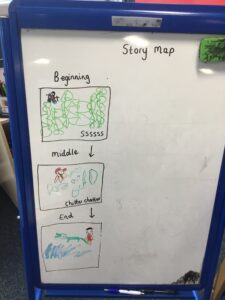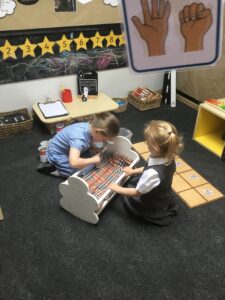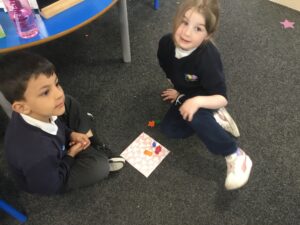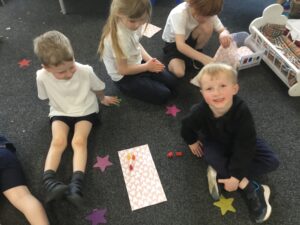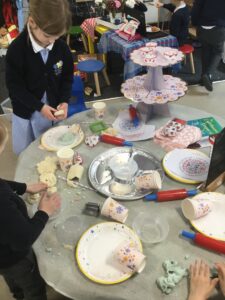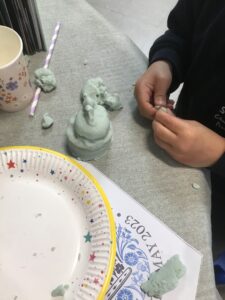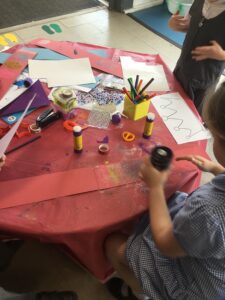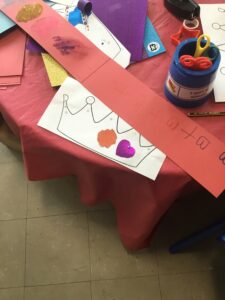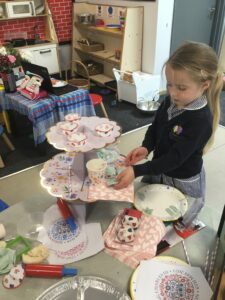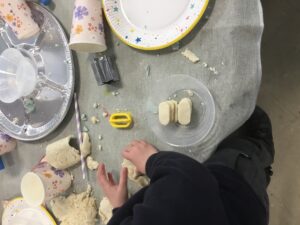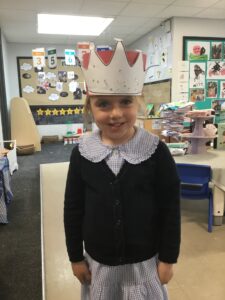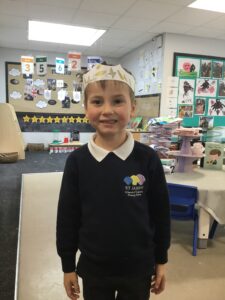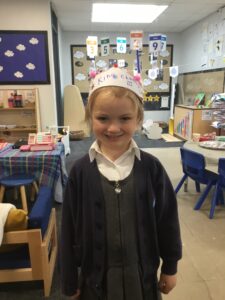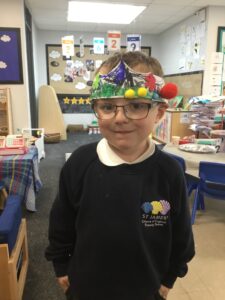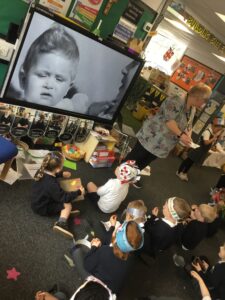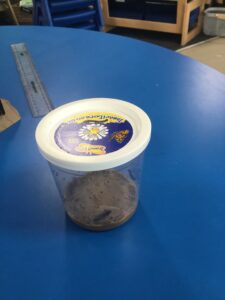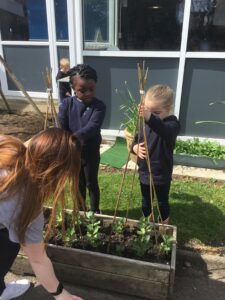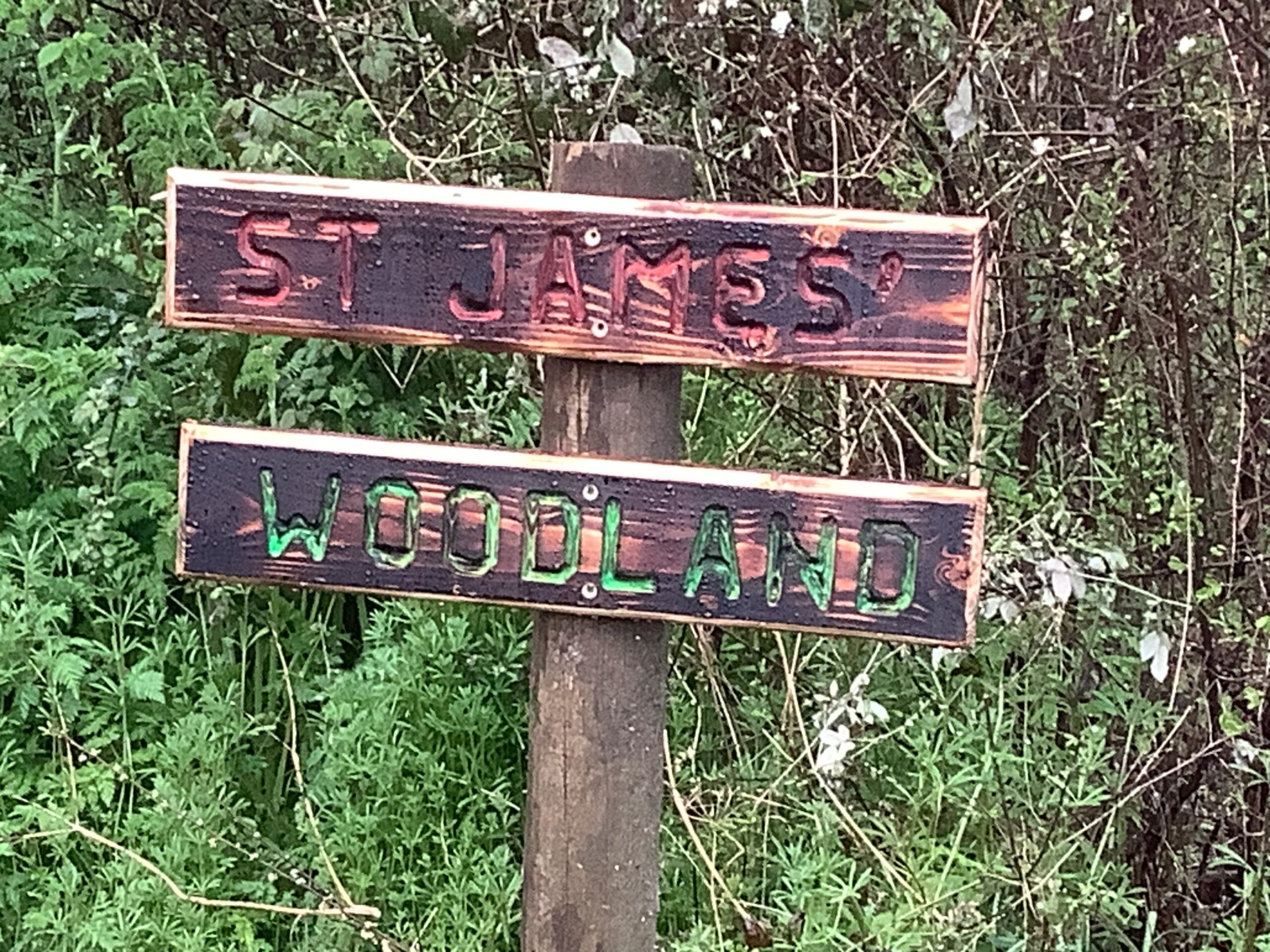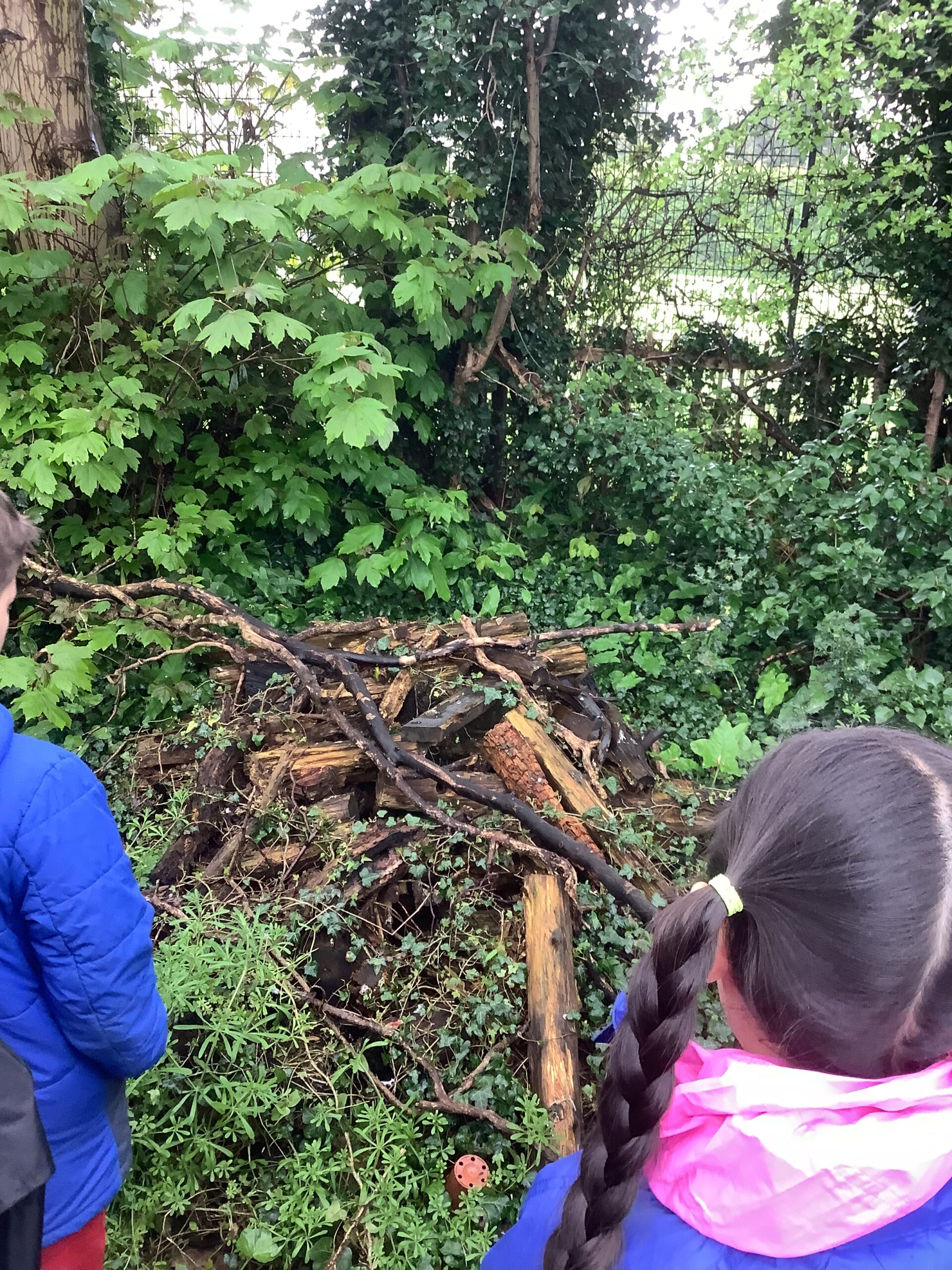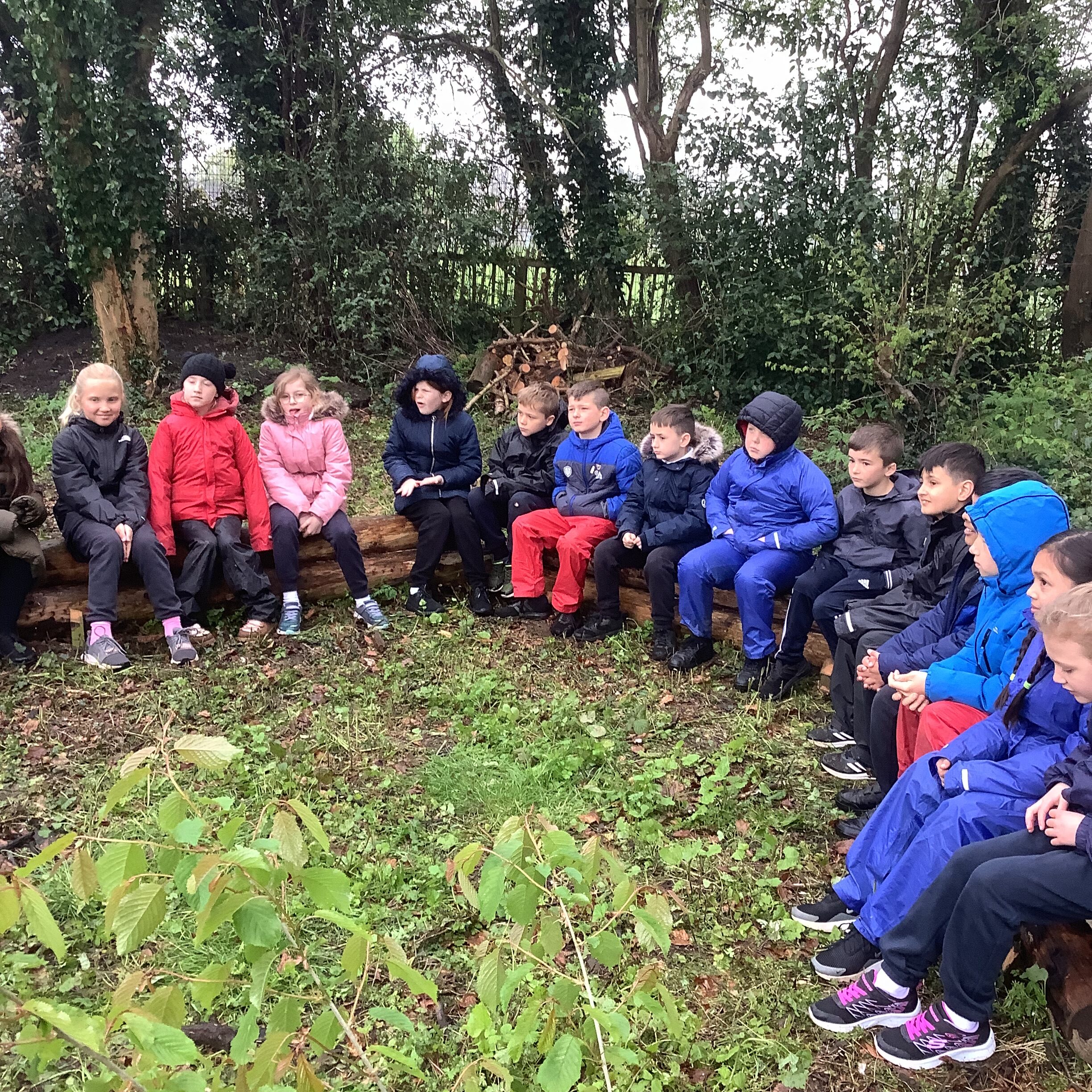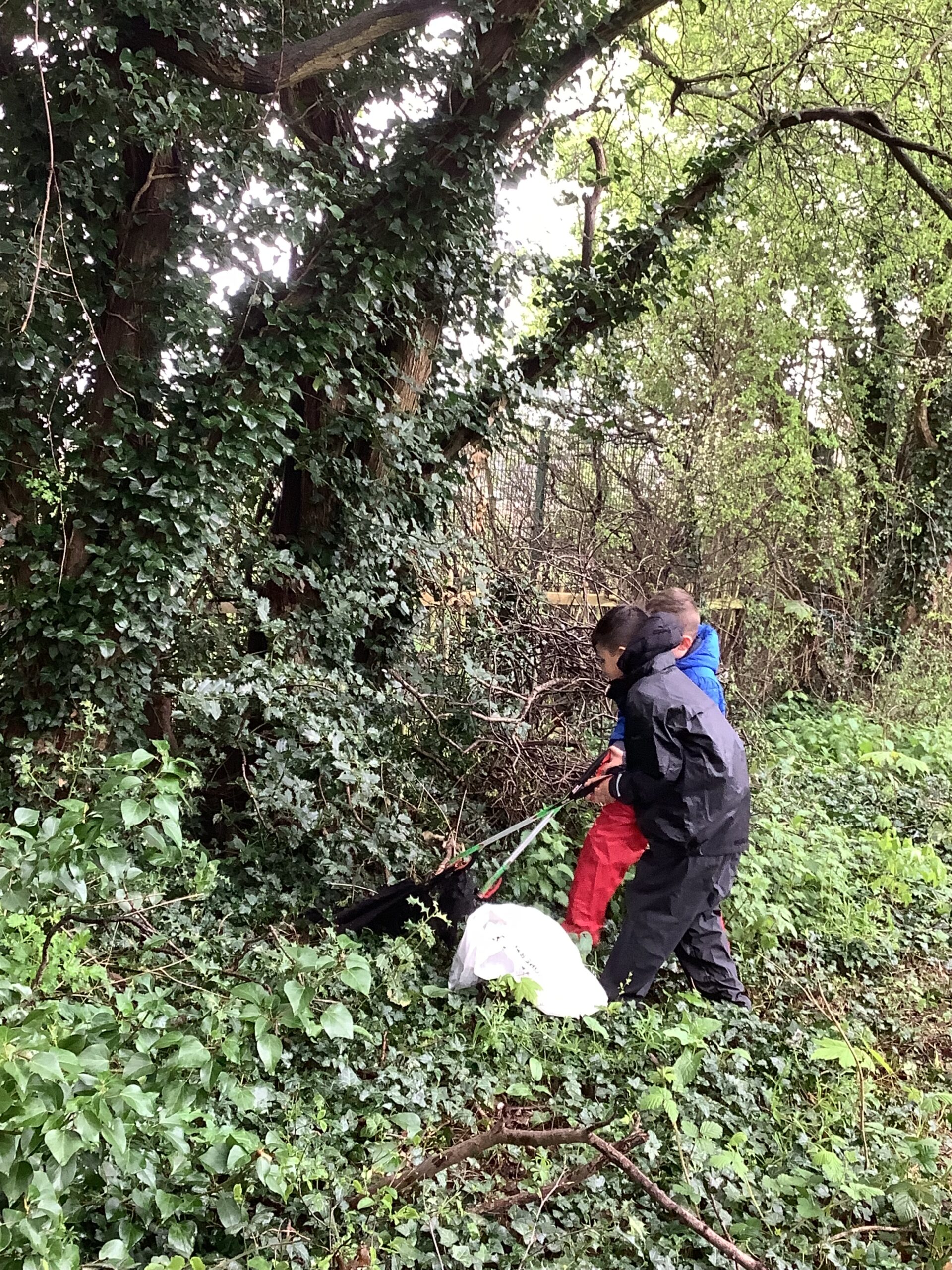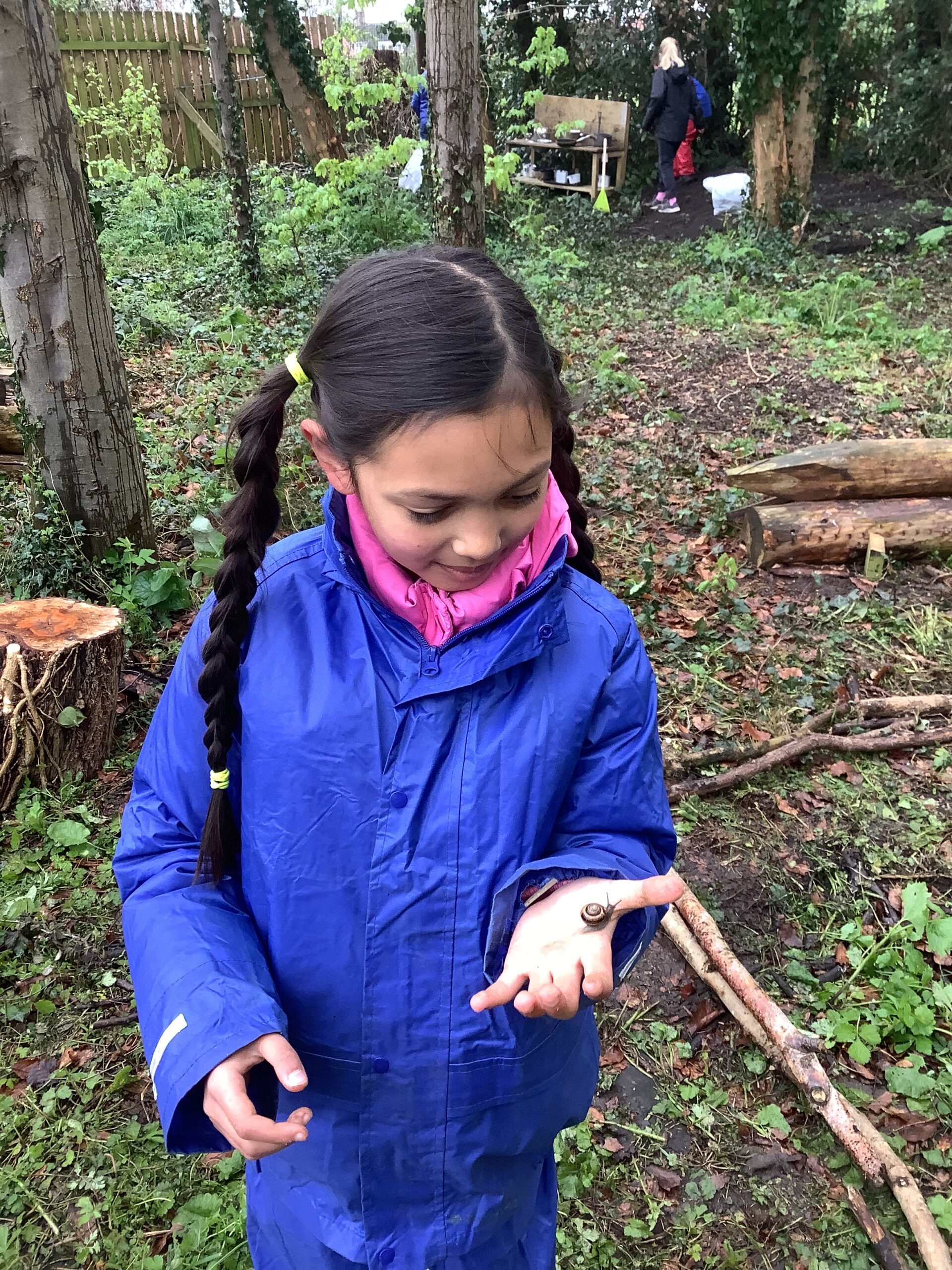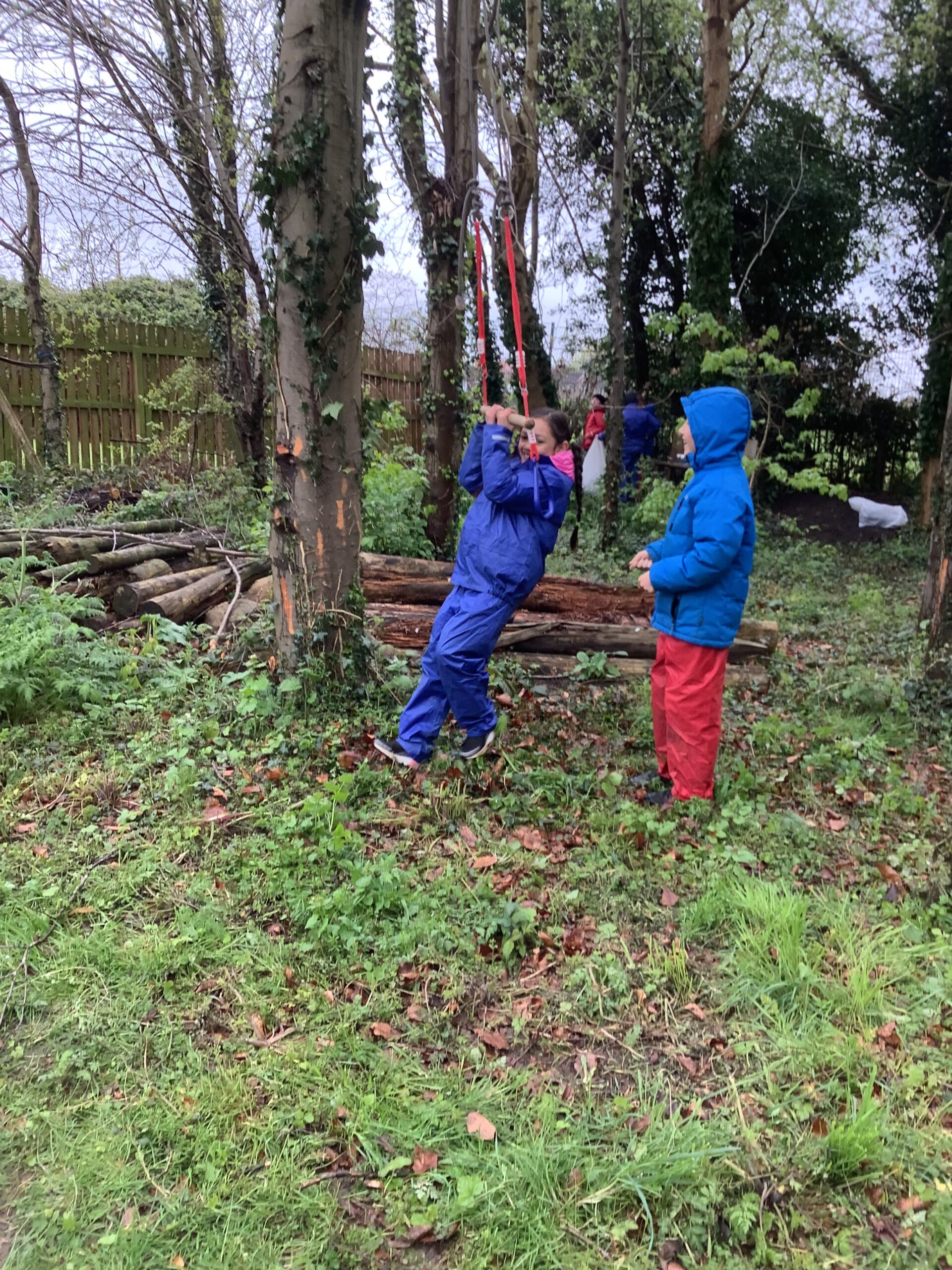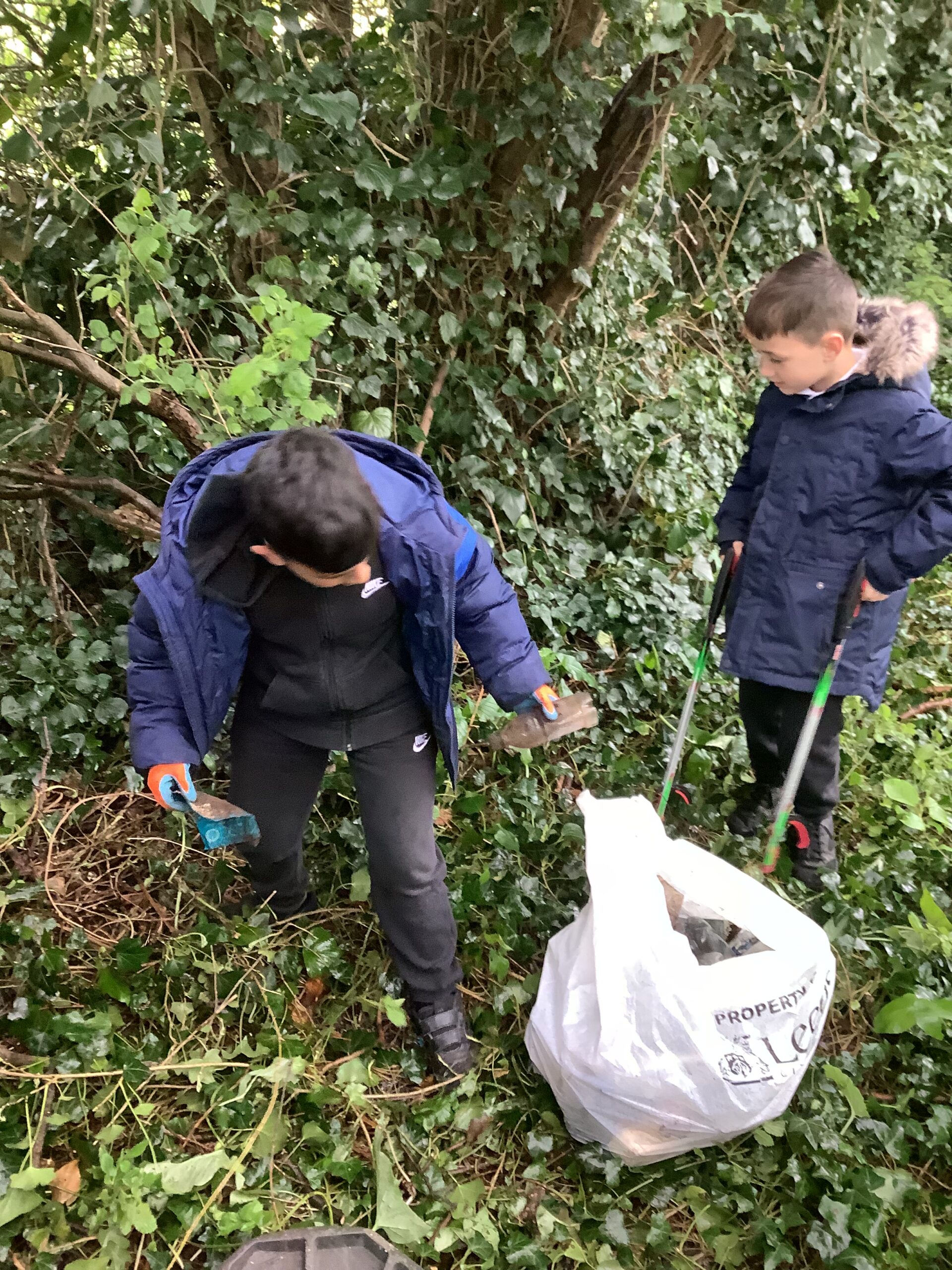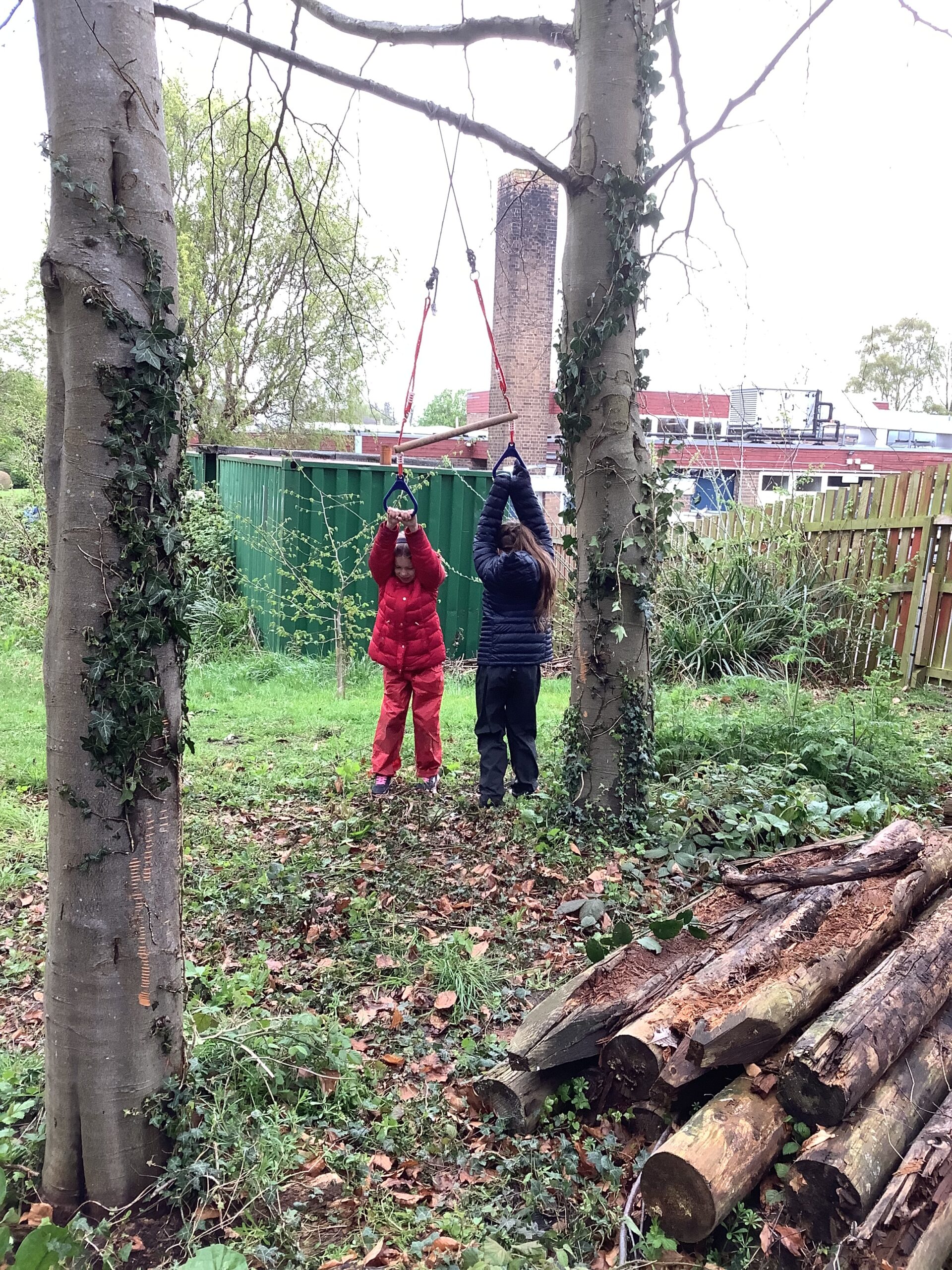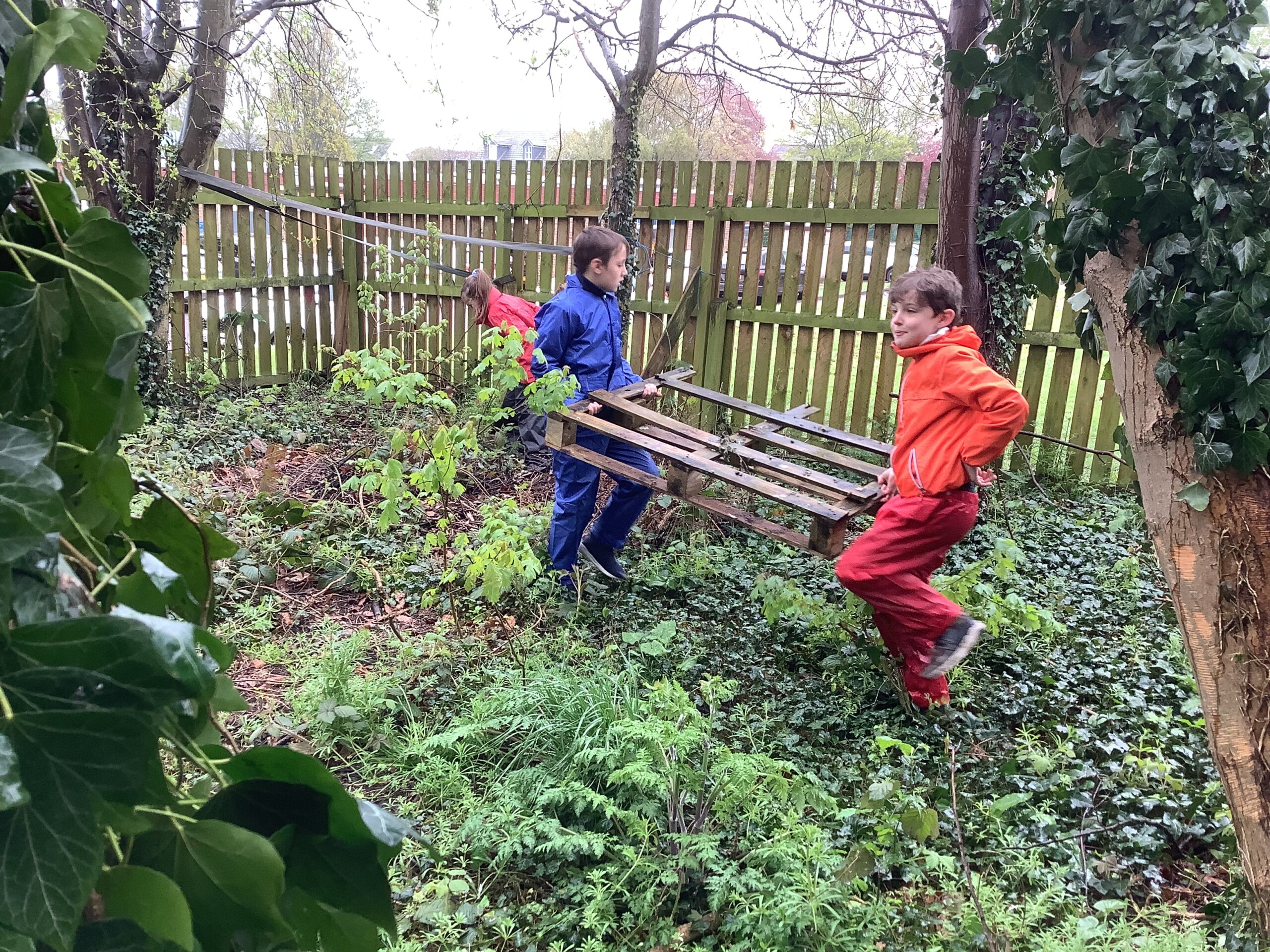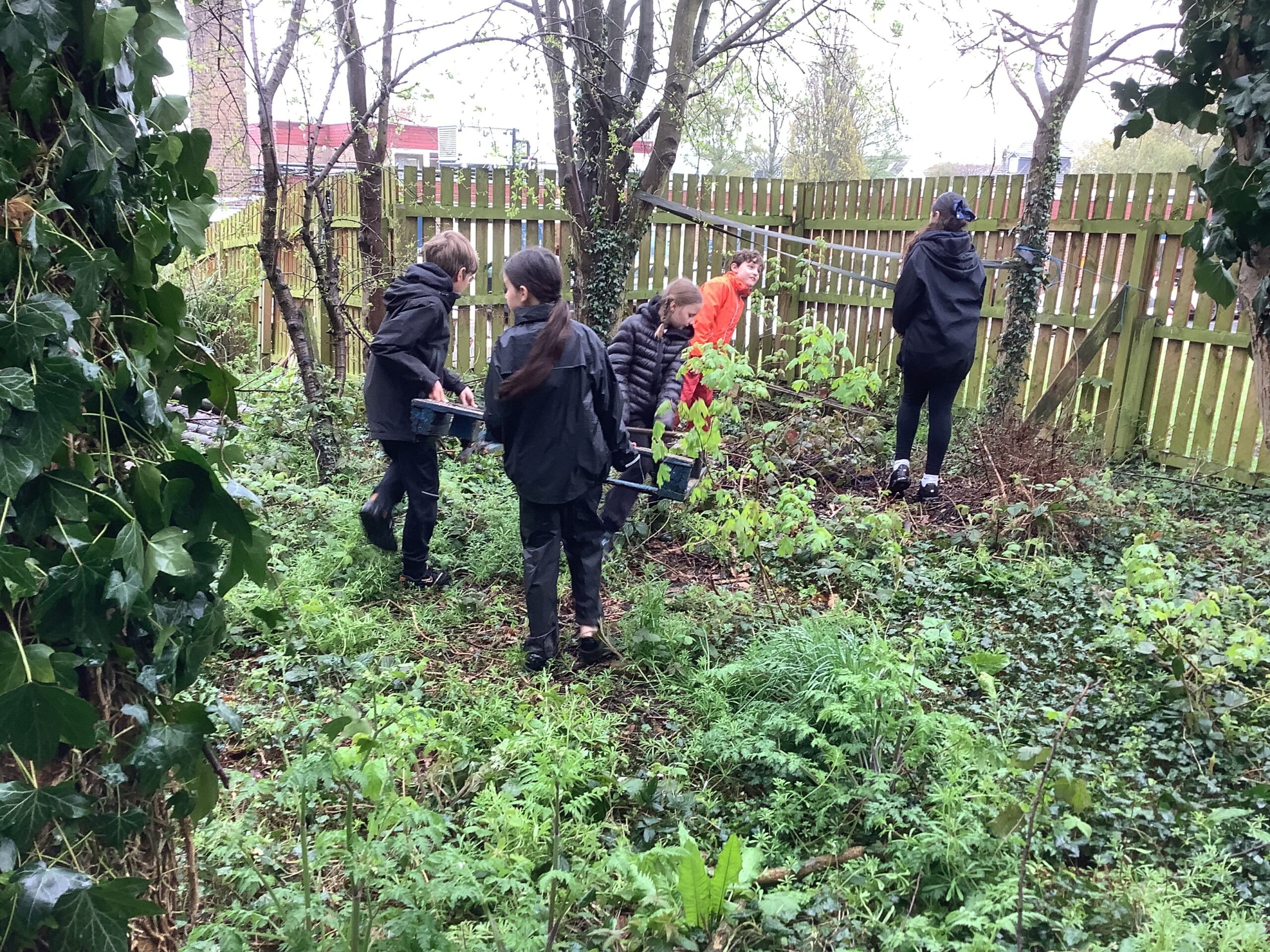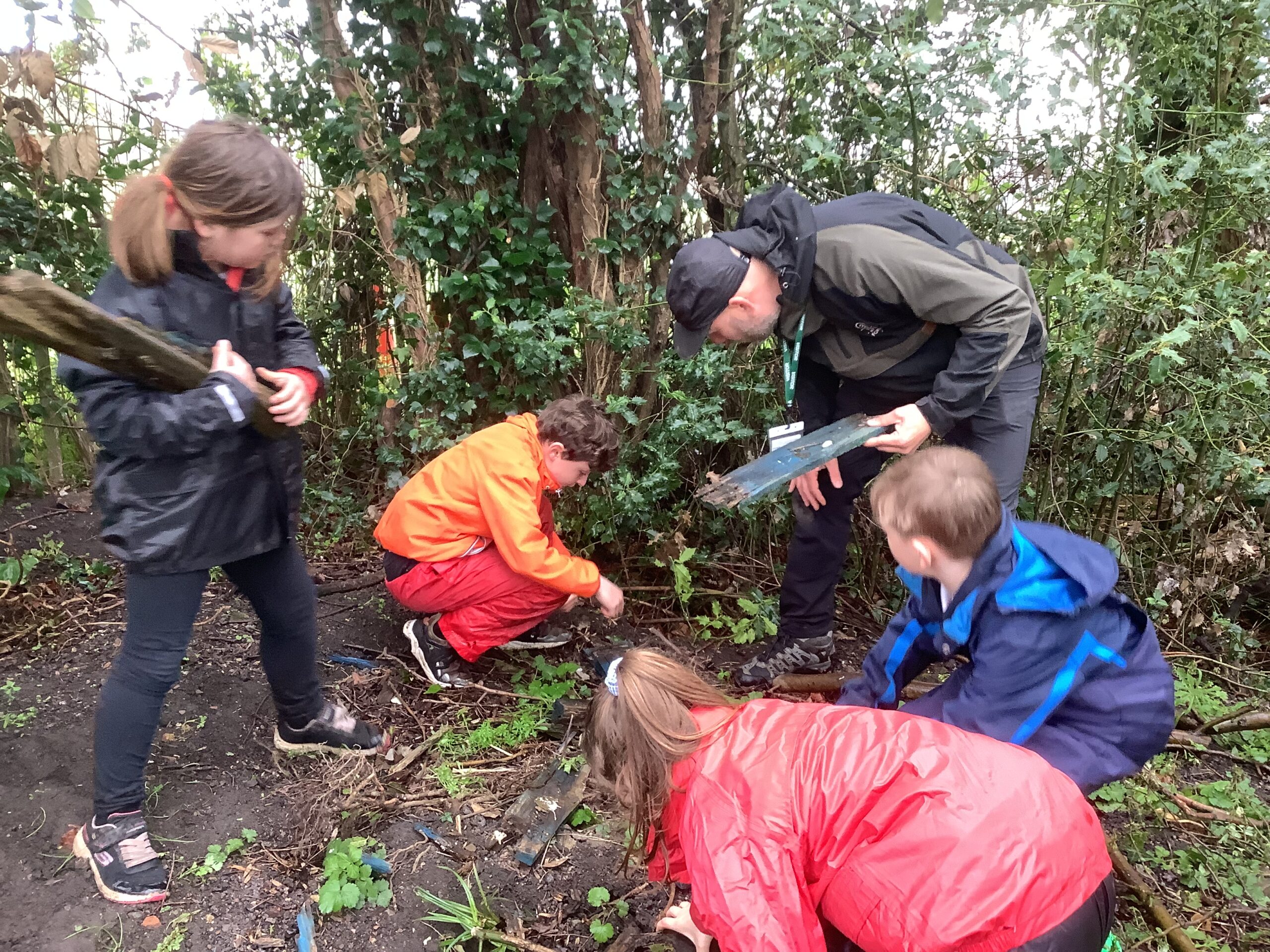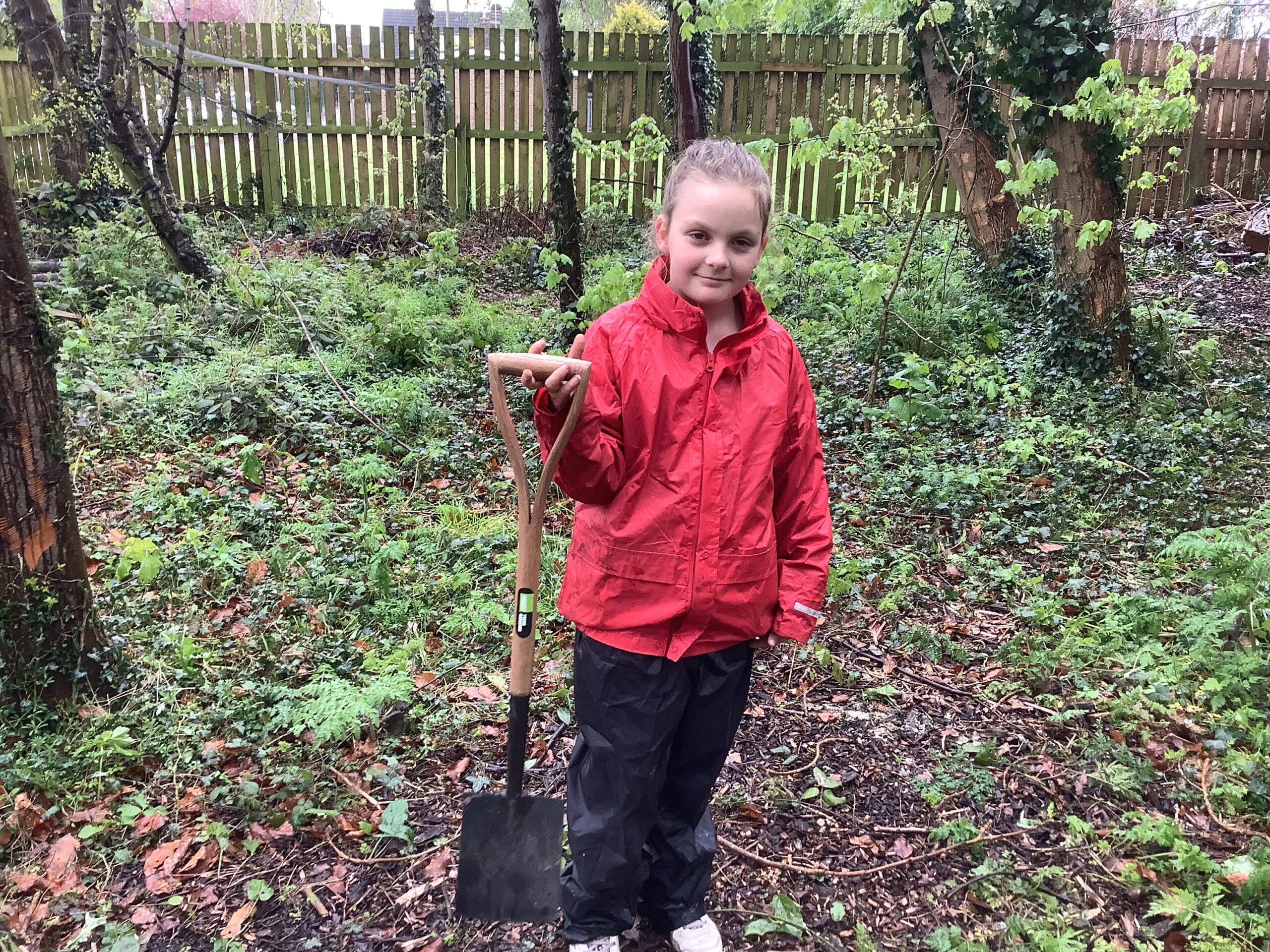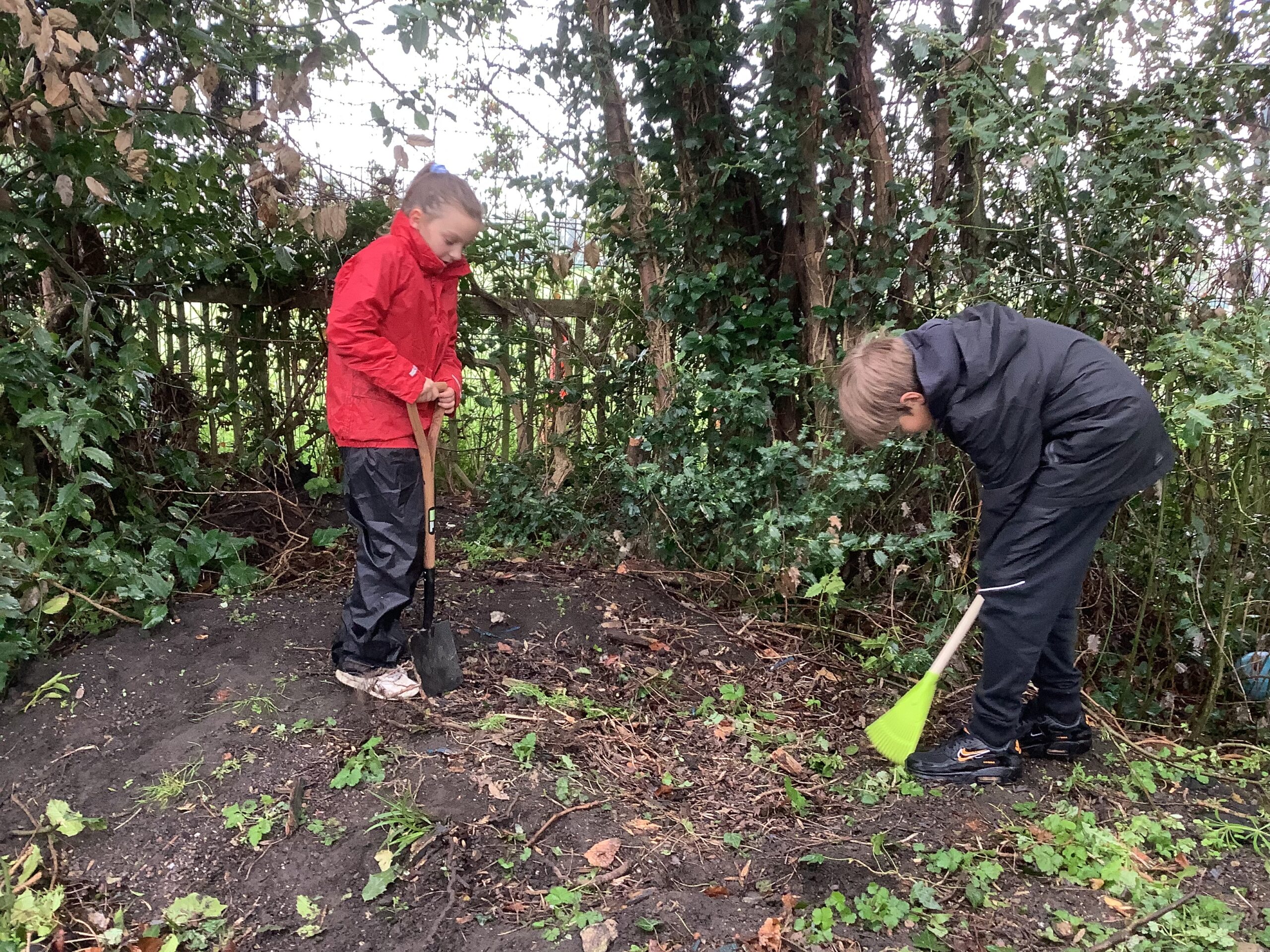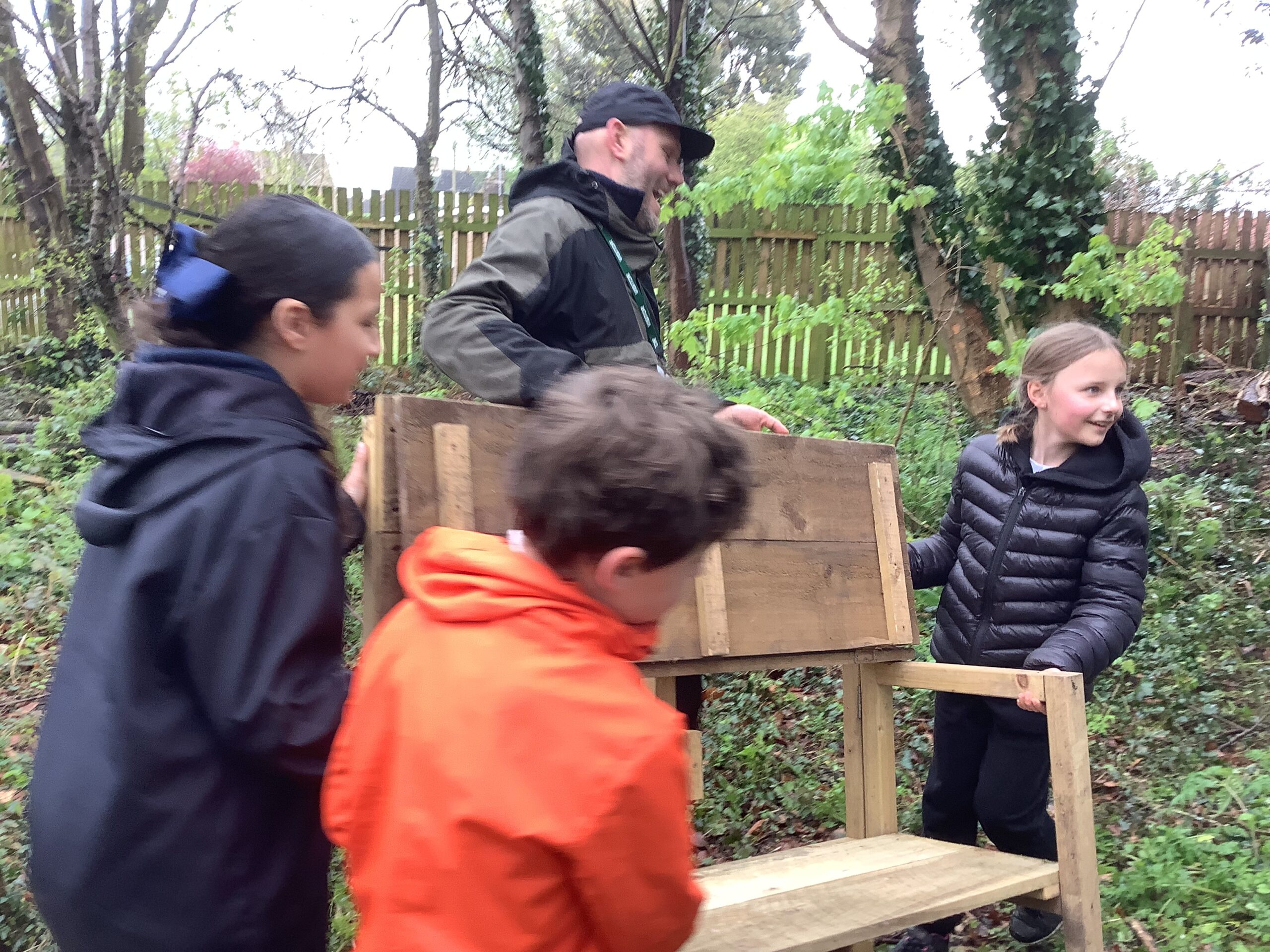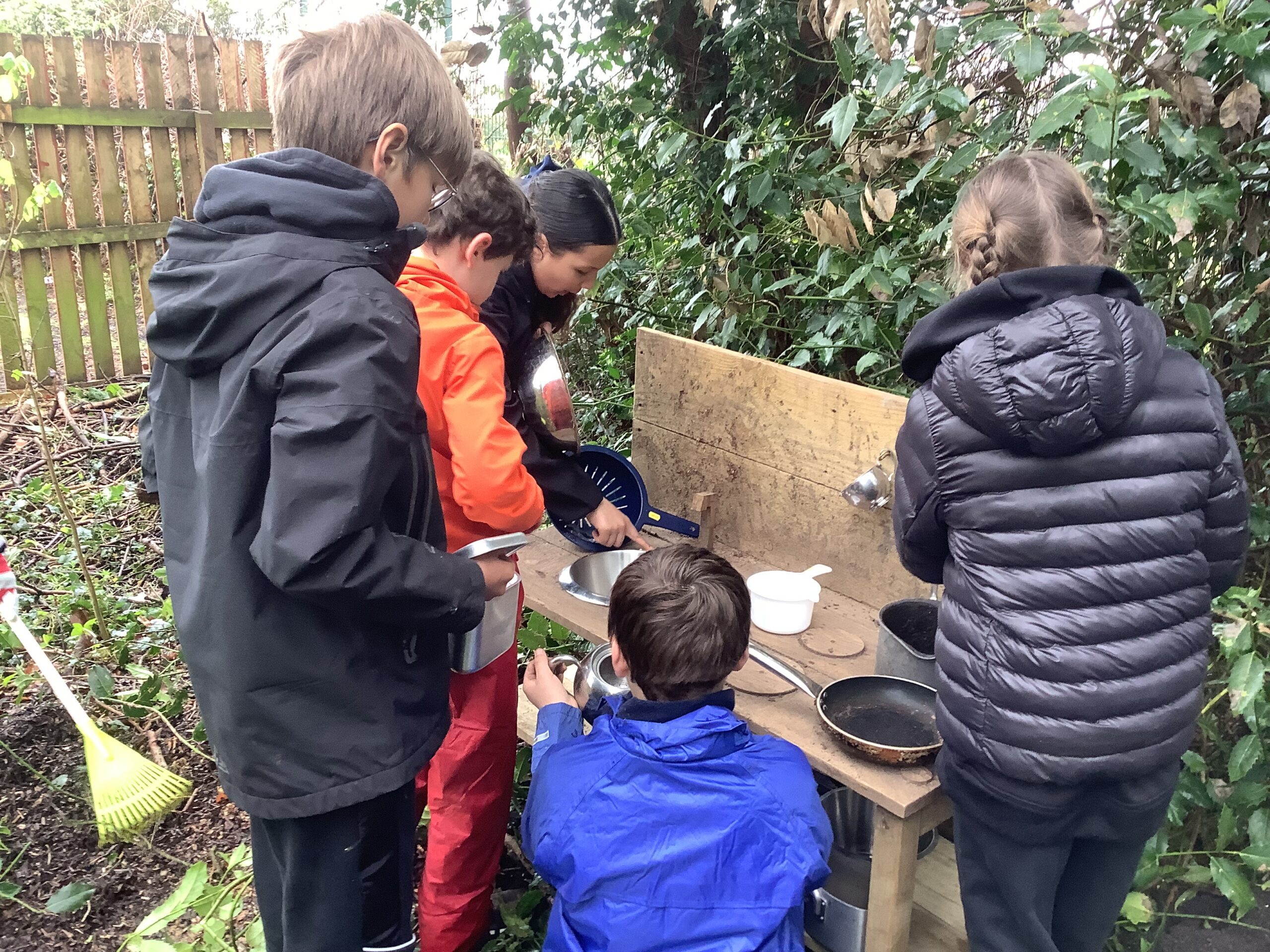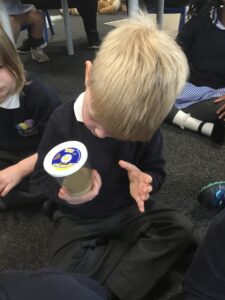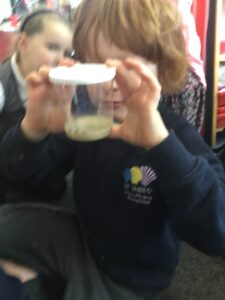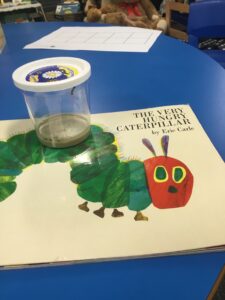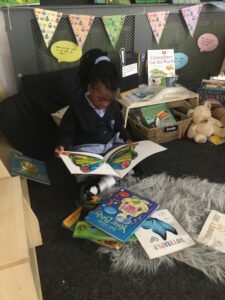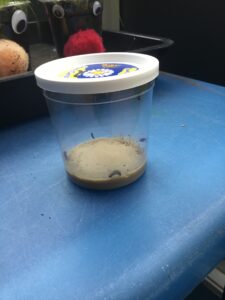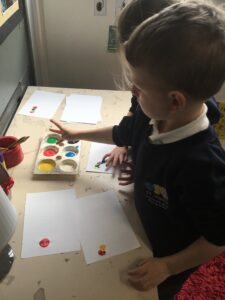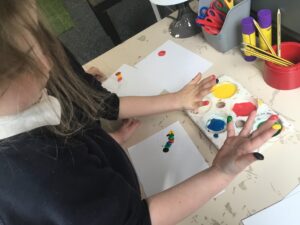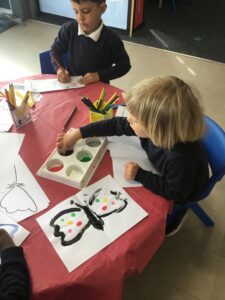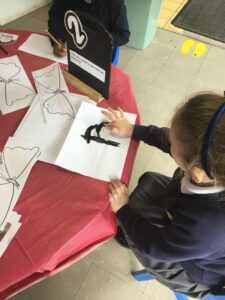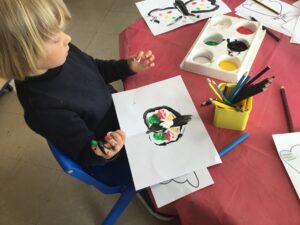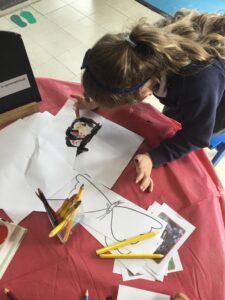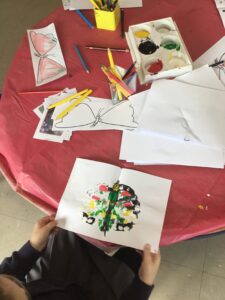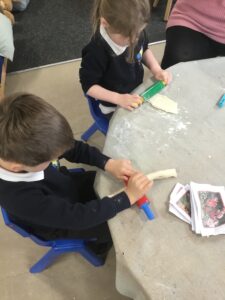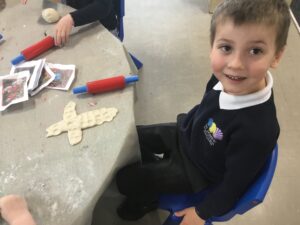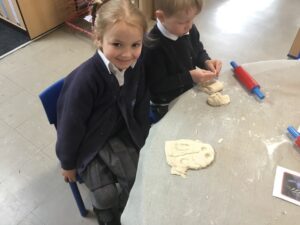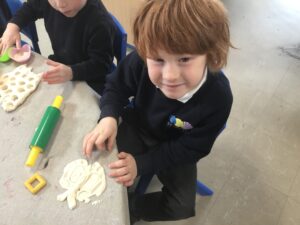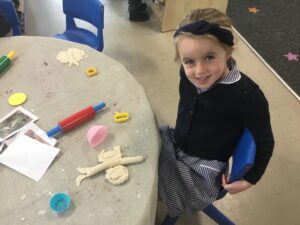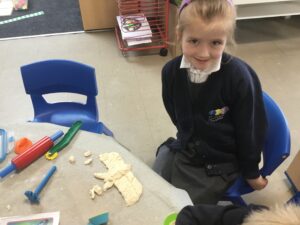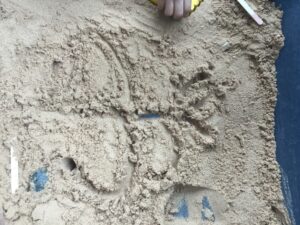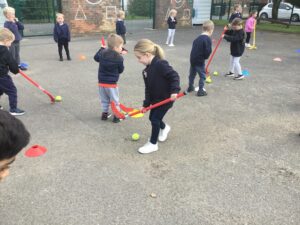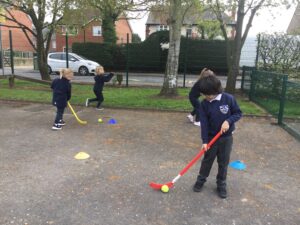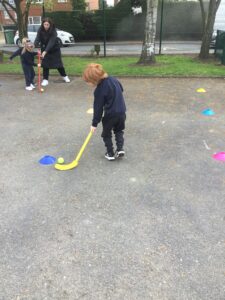This week’s message is about this half-term’s topic…
Topics are the vehicle for delivering much of the learning in the foundation subjects (eg Art, History, Geography). Each half-termly topic has a driving subject – the main focus for teaching pupils knowledge and skills.
Read more about the intent, implementation and impact of our topics.
This half-term, we’re historians. We’ll develop our understanding of people and events in Britain and the wider world.
Each phase has age-related specific knowledge, skills and vocabulary. (See pages 29 and 30 of our Curriculum Statement.)
Each phase also has key historical concepts which will feature within most lessons. These historical concepts are themes that are revisited, strengthened and deepened during your child’s journey through the history curriculum. (See page 24 of the Curriculum Statement.)
Years 1 and 2
In this topic, children will learn about two significant individuals who stood up for something they believed in. Nelson Mandela is famous across the world for his devotion to equal rights for black people in South Africa. Leonora Cohen was a suffragette from Leeds who fought passionately for the right to vote for women. Children will learn about what they believed in, what they did and the impact that they had. They’ll also consider what they believe strongly about and how they can make a change.
The key concept that children will learn about in this history topic is inequality.
Years 3 and 4
In this topic, children learn about the Leeds West Indian Carnival. They’ll learn about the carnival’s founder, Arthur France, and how he came to Leeds from the West Indies. They’ll learn about how Arthur and friends started the carnival. They’ll then use a range of historical sources to study how the carnival has changed and how it has stayed the same. Children will finally learn about the origins of West Indian carnivals by learning about slavery and the slave trade.
The key concepts for this topic are trade, inequality and power.
Years 5 and 6
In this topic, children learn about what life was like in Britain during World War II. Children will begin by learning about how the war began. They’ll then learn about the mass evacuation of Jewish children from Germany to Britain. Next, they’ll learn about the Blitz and the evacuation of British children from towns and cities to the countryside. They’ll then learn about the role of women. Finally, they’ll investigate life after the war. They’ll learn about how the opportunities for women narrowed again and also the important role that immigration from Commonwealth countries played in helping Britain to rebuild after the war.
The key concepts for this topic are invasion, inequality and power.
How can you help?
Talk to your child about what they have been learning in class. The class news pages of the school website are a good place to go to find out more about what the children are doing.
Find some books from the library which match what your child is learning.
Visit Abbey House Museum as they have some artefacts relating to suffragettes and Leonora Cohen – it’s also a great visit, regardless of which period children are learning about. Leeds residents also get free access to nearby Kirkstall Abbey which is great to explore on a sunny day.
Leonora Cohen also has a blue plaque on a house she lived in on Clarendon Road in Woodhouse. Your teacher would love to see a selfie of you with her plaque!
Nelson Mandela Gardens in Millennium Square commemorates Mandela’s visit to Leeds when he has presented with the Freedom of the City. It’s a small, calm space well worth visiting if you’re in the city centre.
On Monday 01 May, you can book tickets to an illustration workshop at Harewood House with Kate Pankhurst, the author of the Fantastically Great Women books.
For World War II, Eden Camp is a great visit. Also in North Yorkshire is Yorkshire Air Museum which will be of particular interest to anyone wanting to learn more about the planes used during the war. A bit closer is the Royal Armouries museum which has weapons and armour from a wide variety of time periods and places around the world.
Finally, it’s a little while away but a visit to the Leeds West Indian Carnival in August will give children the opportunity to experience the event in real life.
